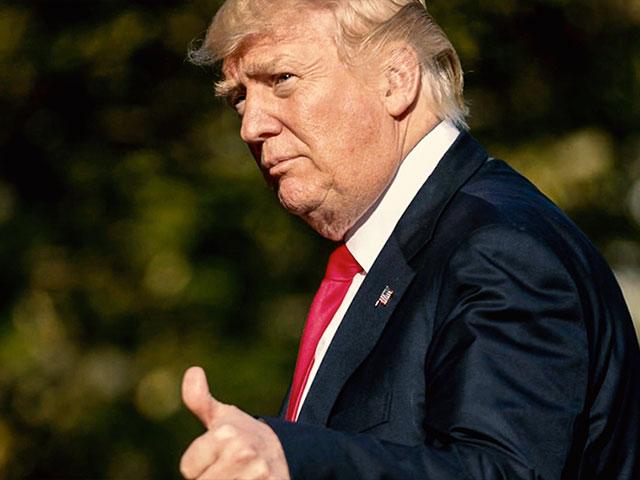President Donald Trump says he was elected to represent the citizens of Pittsburgh, not Paris and that’s why he’s pulling the United States out of a world wide deal aimed at cutting greenhouse gases.
“The U.S. will withdraw from the Paris Climate Accord,” the president said to thunderous applause from an audience of supporters assembled in the White House Rose Garden just outside the Oval Office. He added that he’ll try to renegotiate the U.S. back into the accord, but under better terms for America.
In a powerful pro- American speech, he said the deal hamstrings the U.S. while empowering other countries.
“This deal is less about the climate and more about the rest of the world gaining financial advantage over the U.S.,” the president said.
He quoted research that predicts under the deal, by 2040, production in a number of American industries would plummet.
- Paper -12%
- Cement -23%
- Iron/Steel -38%
- Coal -86%
- Natural Gas -30%
In all, he says, tens of millions of industrial jobs would be lost, a reality that runs counter to his promise to end burdensome regulations and add jobs, particularly blue collar jobs, to the economy.
He also pointed out something critics of the deal have long bemoaned, that even if all of the countries in the accord abided by their guidelines, it would barely move the needle. He said environmental missteps by China could undo years of America’s work to reduce emissions in just a matter of days.
Pulling out of the deal will also save American taxpayers from sinking billions into the United Nations Green Climate Fund that the executive director estimates will cost $450 billion dollars a year to run. Trump says the U.S. has already invested $1 billion in the fund – money that, he says, was pilfered from the U.S. military budget.
Pulling out of the deal was a campaign promise. Trump’s public display of honor in the Rose Garden came on the same day the president broke a separate promise to move the United States embassy in Israel from Tel Aviv to Jerusalem. Instead he signed the Jerusalem Embassy Act waiver, which allows the president to waive the law passed by Congress in 1995 that says the U.S. embassy in Israel, must be in the nation's capitol, Jerusalem. The waiver will expire again in six months.
The White House issued a statement that says, “no one should consider this step to be in any way a retreat from the President's strong support for Israel and for the United States-Israel alliance. President Trump made this decision to maximize the chances of successfully negotiating a deal between Israel and the Palestinians, fulfilling his solemn obligation to defend America's national security interests. But, as he has repeatedly stated his intention to move the embassy, the question is not if that move happens, but only when."
It’s no accident that decision was announced before his sunny Rose Garden victory lap on the Paris Climate Accord.
EPA Administrator Scott Pruitt took the podium after Trump and said, “The people finally have a president who listens to them.”










